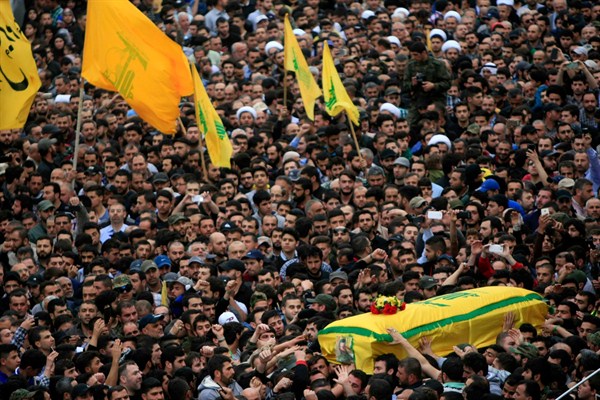On Feb. 19, Saudi Arabia announced it was canceling $4 billion in aid earmarked for Lebanon since 2013 and imposed a travel ban for Saudi citizens to the Mediterranean country. The moves represented an unequivocal shift in Saudi foreign policy toward Lebanon, where for years the kingdom has competed with Iran for influence by backing the Sunni-led March 14 coalition, headed by the Future Movement of Saad Hariri, against Hezbollah and the rival March 8 coalition that it leads.
Saudi allies swiftly followed suit: Kuwait, Qatar, Bahrain and the United Arab Emirates called on their citizens to leave Lebanon. Less than two weeks later, the Saudi-led six-member Gulf Cooperation Council formally branded Hezbollah a terrorist organization, blacklisting companies with any ties to the Shiite group, which is both Lebanon’s strongest political party and militia. The GCC cited security concerns that cells of Hezbollah were operating in their countries.
The Gulf actions have sparked fears of destabilization and economic crises in Lebanon, which is already overwhelmed by Syrian refugees and spillover from the civil war next door. The GCC has also alienated an already enfeebled Sunni leadership, possibly playing into the hands of Saudi Arabia’s enemies in a country governed by a delicate sectarian balance.

